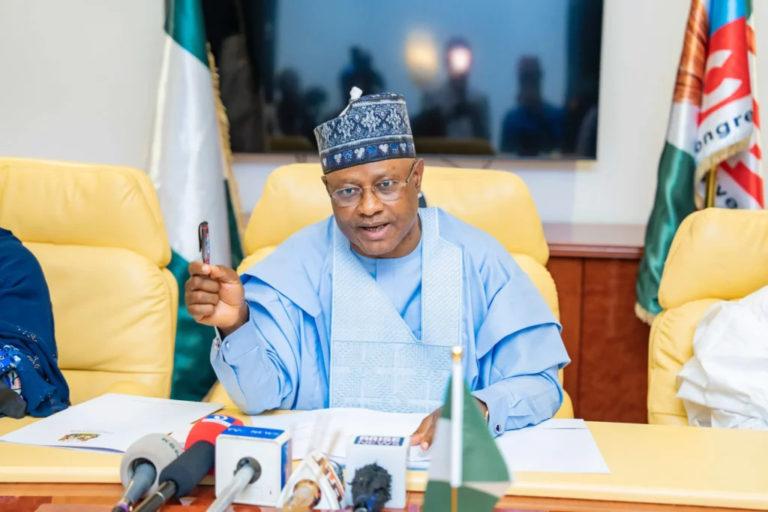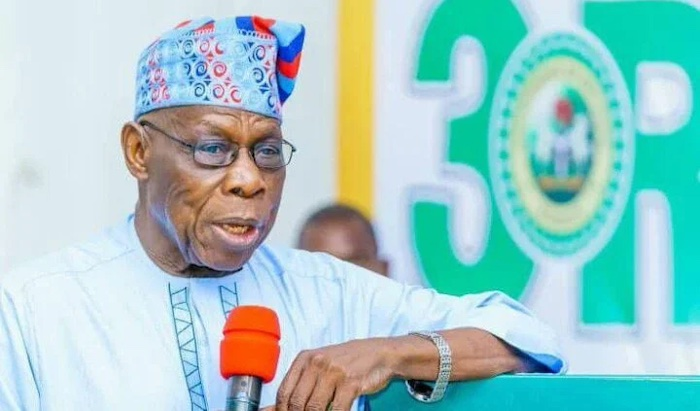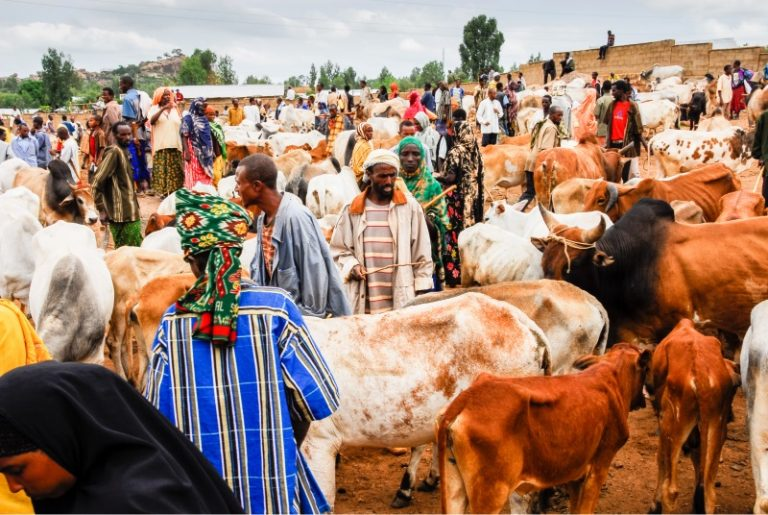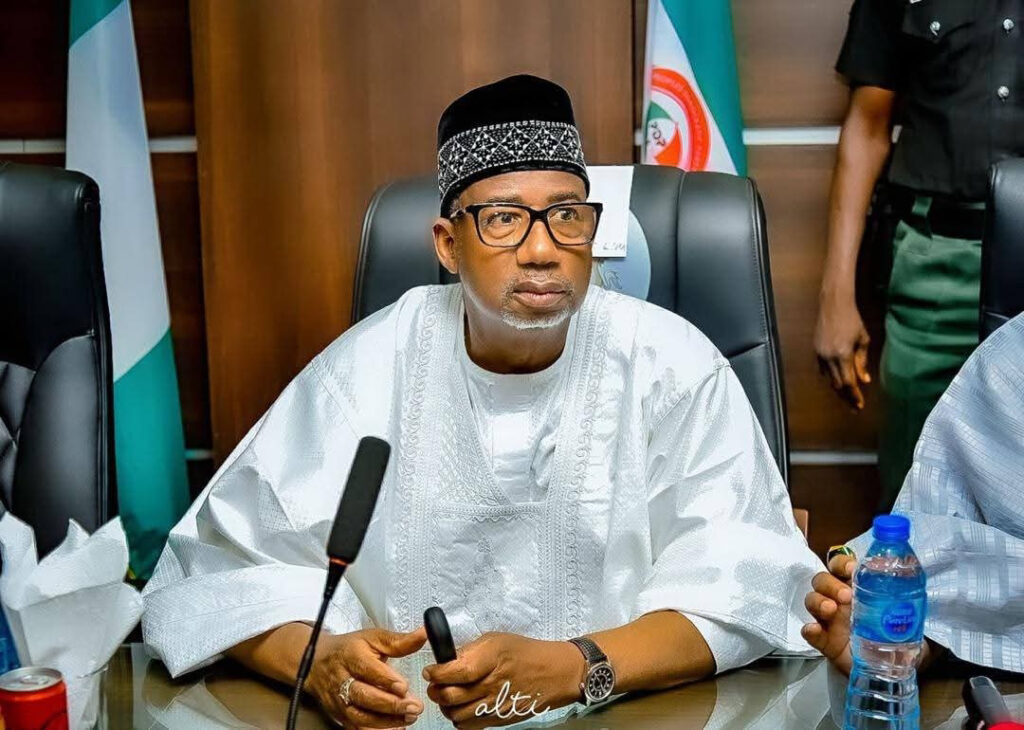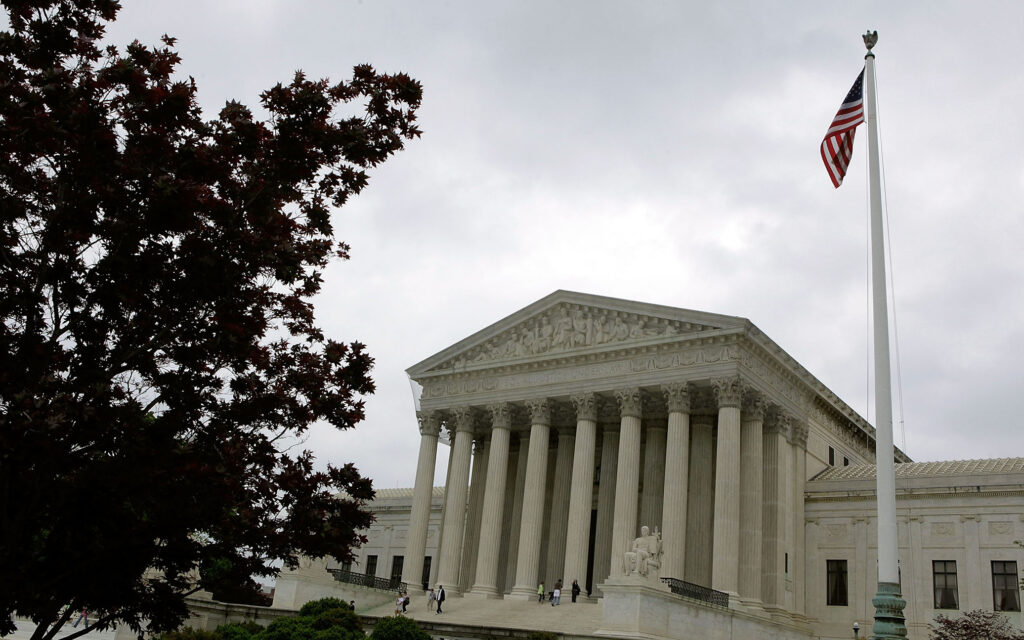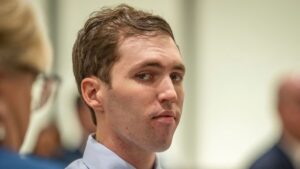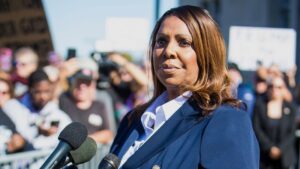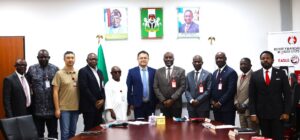Kaduna State Governor, Uba Sani, has identified poverty and economic exclusion as the root causes of insecurity in Northern Nigeria, warning that unrest will persist without a comprehensive and long-term strategy.
Speaking on Sunday Politics on Channels Television, the governor said his administration is adopting a data-driven approach to tackle poverty and underdevelopment across the state and the broader North.
“When I came in as governor, what I did was to look at the poverty index… I had the data and statistics from the Central Bank and the SDGs. As of 2023, the poverty index was alarming,” Sani said.
He disclosed that 60–65% of the northern population, especially in the North-West, was financially excluded, making youths vulnerable to manipulation by armed groups. “This problem of insecurity is largely an economic issue—poverty, unemployment,” he added.
Sani revealed that over 350,000 children were out of school when he assumed office, and noted that the North accounts for about 70% of Nigeria’s 18.2 million out-of-school children, citing discussions with the World Bank and UNICEF.
While acknowledging progress, he stressed the need for patience and sustained effort. “Nobody can tell you we can address this problem even in the next ten years,” he said, blaming years of neglect and lack of holistic solutions.
The governor called for unity among northern leaders to tackle the deep economic divide between urban and rural areas, asserting: “We cannot win insecurity through a kinetic approach or by giving palliatives. We must look at the root causes.”
He also pointed to deficits in infrastructure, education, and healthcare as major contributors to northern poverty.
On security, he reported a decline in communal clashes, especially those involving farmers and herders, over the last two years. However, he emphasized that sustainable peace hinges on justice and equity. “People will only believe in the government when there is justice and fairness,” he said.

